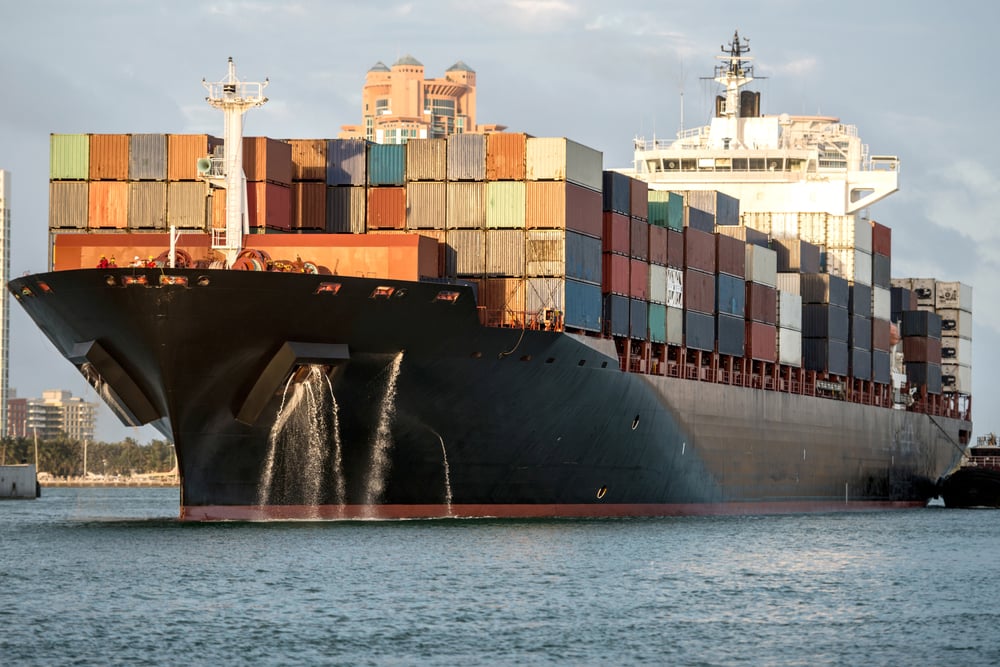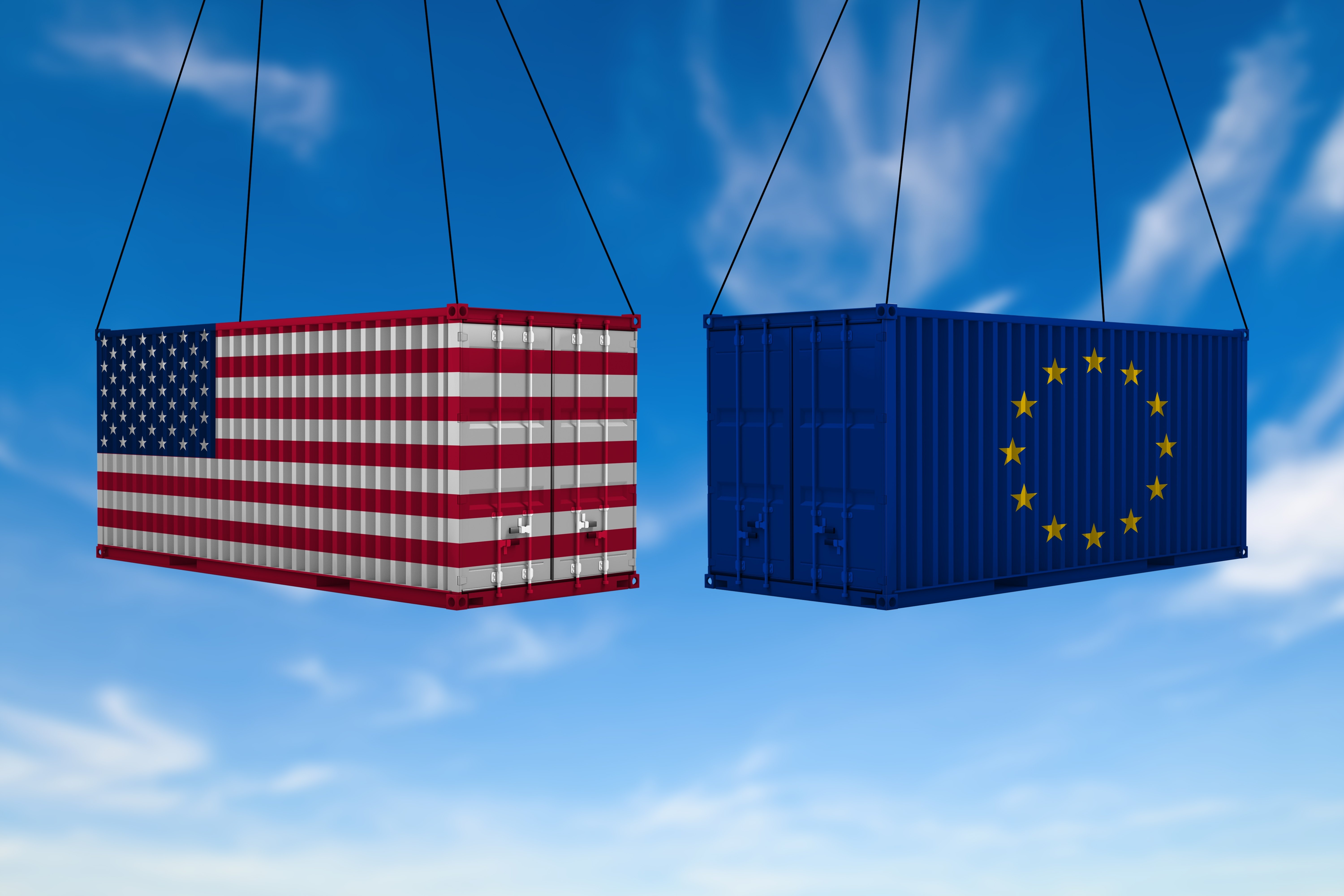KEY POINTS
-
The U.S. Department of Commerce issued a preliminary antidumping ruling on July 15, 2025, targeting float glass imports from China and Malaysia with potential duties up to 311%.
-
This action immediately requires U.S. importers to post significant cash deposits at the port of entry, disrupting cash flow and tripling material costs for many construction firms.
-
As sourcing volatility increases, U.S. contractors and suppliers may shift toward domestic float glass producers to avoid trade-related delays, expenses, and uncertainty.
On July 15, 2025, the United States Department of Commerce (DOC) issued a preliminary determination that could impact how the U.S. sources one of construction’s fundamental materials: float glass.
In 2024, the U.S. imported over $181 million in float glass, including $17.9 million in float glass products from China (around 10% of total imports), and $8.3 million from Malaysia (around 4.6%), per the U.S. International Trade Commission (USITC).
Department of Commerce Issues Preliminary Ruling
Following an investigation into imports from China and Malaysia throughout most of 2024, the DOC determined that float glass from these countries is being dumped and subsidized, expressing concern that the dumped imports may be harming domestic industries.
This finding triggered an immediate trade response: “Commerce will direct U.S. Customs and Border Protection (CBP) to suspend liquidation of entries… and to require a cash deposit for estimated antidumping duties…” per the DOC’s preliminary affirmative determination report.
For contractors, estimators, and project managers, the immediate effect of the ruling is that capital becomes tied up, making it unavailable for paying labor or reinvesting in the business. For those sourcing float glass from China and Malaysia, the new cash deposit requirement, up to 311% of the declared import value, can significantly raise material costs.
Unlike a tariff paid later, this is a deposit due before the release of goods from the port. This may disrupt cash flow for jobs already won, particularly for jobs where material pricing has already been finalized.
These requirements are already in effect and apply to a wide range of float glass products, which are commonly used in windows, doors, storefronts, and shower enclosures across commercial and residential construction.
 A glazier lifts and moves a glass sheet. Image: Shutterstock
A glazier lifts and moves a glass sheet. Image: Shutterstock
What is Dumping?
Dumping refers to selling a product in another country at a price below its normal or fair value, which is often less than its production cost or domestic price.
When dumping occurs on a large scale, it can drive domestic producers out of business, reduce competition, and destabilize supply. U.S. trade laws include antidumping and countervailing duties (AD/CVD) designed to restore competition when unfair pricing or foreign subsidies distort trade.
The DOC determined that float glass products from China and Malaysia were being sold at significantly less than fair value (LTFV), with unfair support from Chinese and Malaysian governments, leading to the cash deposit measures now in place.

Chinese import prices have steadily declined since 2022, while U.S. Producer Price Index (PPI) levels have remained relatively stable. Strong growth in Chinese industrial production and weak domestic demand may be contributing to downward pressure on international prices. Image: ConstructConnect
The Ruling: Margins, Deposits, and Enforcement
The DOC assigned preliminary dumping margins of around 246.68% to most named Chinese exporters, with companies that failed to cooperate assigned a higher margin of 311.81%. These numbers represent the estimated gap between fair value and actual pricing.
As a result of this ruling, all importers of affected float glass products from China and Malaysia are now required to post cash deposits upfront at the port of entry, before release, based on these margins. These funds are held by the Customs and Border Protection (CBP) and may tie up working capital for 12 to 36 months.
Impact on U.S. Construction and Sourcing
While the ruling remains preliminary, its effects are already being felt. For companies that rely on imported float glass, particularly from China and Malaysia, the new cash deposit requirements could significantly deplete free cash flow. These preliminary duties can effectively triple the landed cost of some products.
Though not dominant in U.S. import share, China and Malaysia supply a notable share of the lower-cost float glass used in prefabricated glass products, making these rulings highly relevant to construction suppliers that rely on consistent, affordable glass inputs.
This change may introduce new volatility in pricing and sourcing for suppliers, as companies now face unpredictable landing costs, pressure on inventory forecasting, and a potential need to shift sourcing.
Having a thorough understanding of their supply chains and alternatives may play a critical role in helping U.S. firms avoid these latest duties. Impacted firms may need to quickly evaluate sourcing alternatives to avoid significant expenses and hold-ups.
Cost pass-throughs and delays in glass shipments due to compliance checks at U.S. ports may have significant impacts on U.S. construction projects and timelines. As a result, U.S. made glass products may gain appeal as a more stable option.
Opportunity for Domestic Glass Manufacturers
Domestic glass manufacturers may benefit, as buyers seek price predictability and availability. Buyers may look to mitigate risks associated with overseas sourcing, creating significant opportunities for domestic producers.
U.S.-based producers may offer shorter lead times, fewer regulatory hurdles, and more predictable costs over time. Having a domestic supply chain alternative may prove critical as global trade conditions continue to shift.
What Happens Next: Timeline for a Final Ruling
Although this ruling remains in a preliminary phase, its financial effects are already in motion. The U.S. Department of Commerce is expected to issue its final ruling by November 2025.
The U.S. International Trade Commission will separately evaluate whether the dumped imports are materially harming the domestic float glass industry. That decision will consider public comments submitted through the Federal Register.
For manufacturers, it will be increasingly important to work closely with customs brokers and overseas suppliers to understand exposure and to stay ahead of the potential downstream effects of the new trade policy. For U.S. contractors, adaptability will be key as they navigate shifting material costs and the broader implications of an evolving trade landscape.
With the process unfolding, it will be crucial to watch for signs of how this ruling may impact sourcing patterns, pricing strategies, and long-term planning.
Thanks to David Corle at building product manufacturer HMI Glass for inspiring this article with a LinkedIn post.
About ConstructConnect
At ConstructConnect, our software solutions provide the information construction professionals need to start every project on a solid foundation. For more than 100 years, our insights and market intelligence have empowered commercial firms, manufacturers, trade contractors, and architects to make data-driven decisions and maximize productivity.
ConstructConnect is a business unit of Roper Technologies (Nasdaq: ROP), part of the Nasdaq 100, S&P 500, and Fortune 1000.
For more information, visit constructconnect.com








